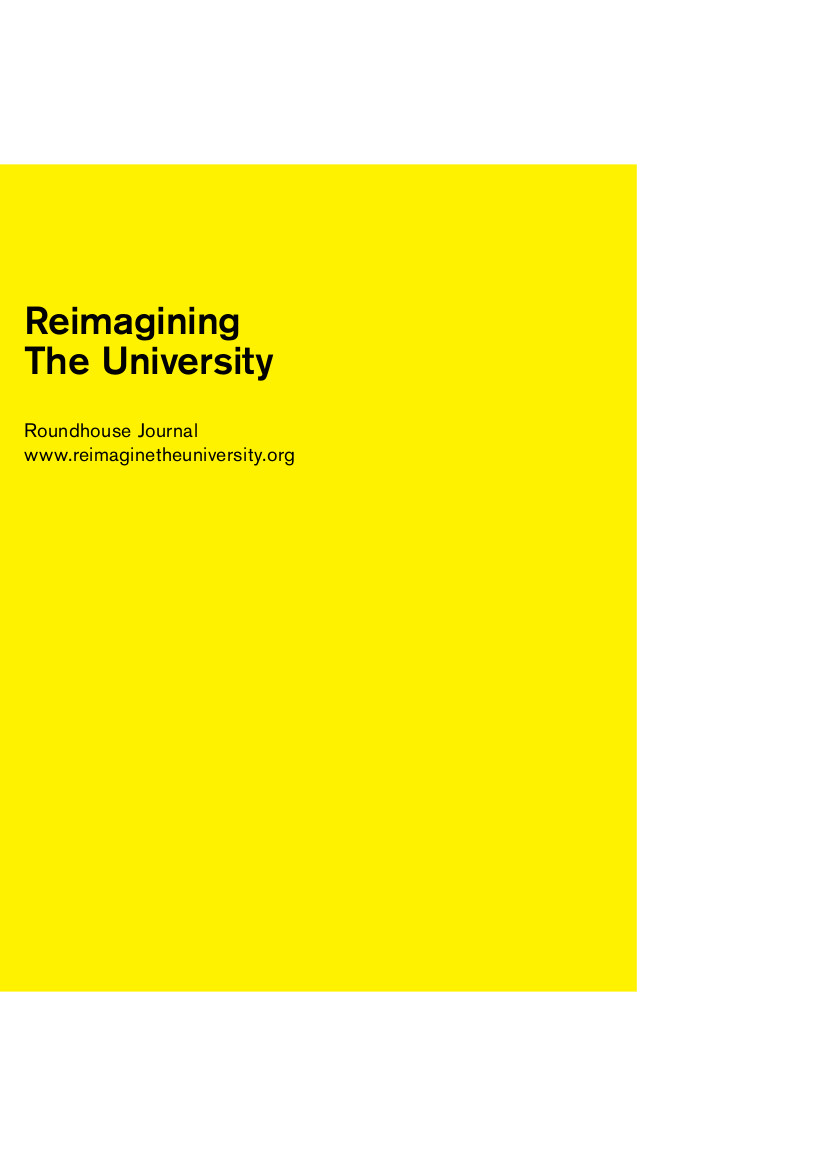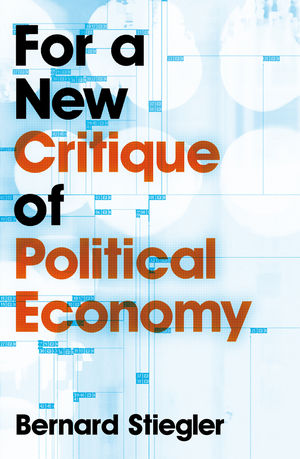I Read Where I Am: Exploring New Information Cultures (2011)
Filed under book | Tags: · book, hypertext, internet, reading, text, textuality

“”I Read Where I Am” contains visionary texts about the future of reading and the status of the word. We read at any time and anywhere. We read from screens, we read out on the streets, we read in the office but we spend less and less time reading a book at home on the couch. We are, or are becoming, a different type of reader. Reading is becoming a different experience. Different from what it once was.
We have access to almost all information at any given time. We carry complete libraries in our pockets. Books have become part of the multi-media world, the can be shared between platforms.
Do all these extra possibilities add value or are they a mere distraction? We read the text as much as we read the interface. With similar ease, we read newspaper articles as well as search engines, databases, and navigational structures. Texts and images become interchangeable, creating new forms of information. Differences in content and between readers require different shapes and experiences. The question remains: which shape will it take and what experience does one want?
To answer to all these (and other) questions, we have asked people from different backgrounds, to think about these issues in the light of these changes. “I Read Where I Am” is a varied collection of 82 observations, inspirations, and critical notes by journalists, designers, researchers, politicians, philosophers, and many others.” (from book launch announcement)
Concept: Graphic Design Museum/Institute of Network Cultures
Editors: Mieke Gerritzen, Geert Lovink, Minke Kampman
Editorial assistance: Morgan Currie
Translation Dutch-English: Jonathan Ellis
Design: LUST
Production: Valiz
Publisher: Valiz with Graphic Design Museum, May 2011
ISBN 978-90-78088-55-4
authors
via The Unbound Book conference
PDF (EPUB; added on 2012-7-17)
View online (HTML)
Roundhouse Journal: Reimagining the University (2011)
Filed under journal | Tags: · education, university

“The University’s future is uncertain; uncertain because we – editors, contributors, readers – intend to change its structure, practices and relationship to society. Left to the government, market, bureaucracy and hopeless academics, its future is certain: fueling the free market – a slave shoveling coal aboard a Titanic no government can steer. Our call to re-imagine the university was not an invitation to rearrange the deck furniture or write the score for the string-quartet as the ship sinks. Rather, it was a call to loot the vessel and abandon ship to whichever destinations contributors thought best or, for now, reachable.
There is a thematic narrative to the structure of this journal: Situation – where we are, Source – why we are here, Strategy – where we could go. Contributions were diverse: from personal anecdotes to poetry to practicable plans for parallel institutions and practices. Reassuringly some of these projects are already being implemented.” (from Editorial)
Editors: Evan Harris, Tom Jeffries, Dora Meade, Henry Palmer, Andrew Walker
Concept from The Really Open University
Published in May 2011
Creative Commons BY-NC-ND license
76 pages
Authors
via Thomas Gokey
PDF (updated on 2017-4-20)
Scribd
Bernard Stiegler: For a New Critique of Political Economy (2010)
Filed under book | Tags: · consumption, critique, economy, labour, marxism, philosophy, political economy, politics, society, technics

“The catastrophic economic, social and political crisis of our time calls for a new and original critique of political economy – a rethinking of Marx’s project in the very different conditions of twenty-first century capitalism.
Stiegler argues that today the proletarian must be reconceptualized as the economic agent whose knowledge and memory are confiscated by machines. This new sense of the term ‘proletarian’ is best understood by reference to Plato’s critique of exteriorized memory. By bringing together Plato and Marx, Stiegler can show how a generalized proletarianization now encompasses not only the muscular system, as Marx saw it, but also the nervous system of the so-called creative workers in the information industries. The proletarians of the former are deprived of their practical know-how, whereas the latter are shorn of their theoretical practice, and both suffer from a confiscation of the very possibility of a genuine art of living.
But the mechanisms at work in this new and accentuated form of proletarianization are the very mechanisms that may spur a reversal of the process. Such a reversal would imply a crucial distinction between one’s life work, originating in otium (leisure devoted to the techniques of the self), and the job, consisting in a negotium (the negotiation and calculation, increasingly restricted to short-term expectations), leading to the necessity of a new conception of economic value.
This short text offers an excellent introduction to Stiegler’s work while at the same time representing a political call to arms in the face of a deepening economic and social crisis.”
Publisher Polity, 2010
ISBN 0745648045, 9780745648040
100 pages
PDF (updated on 2020-8-7)
Comment (0)
